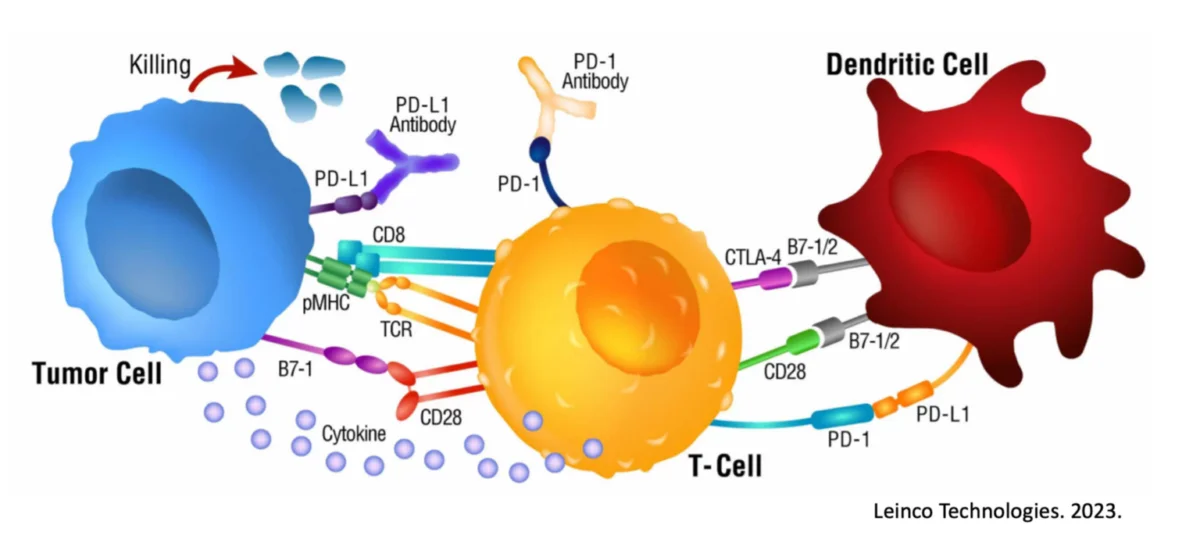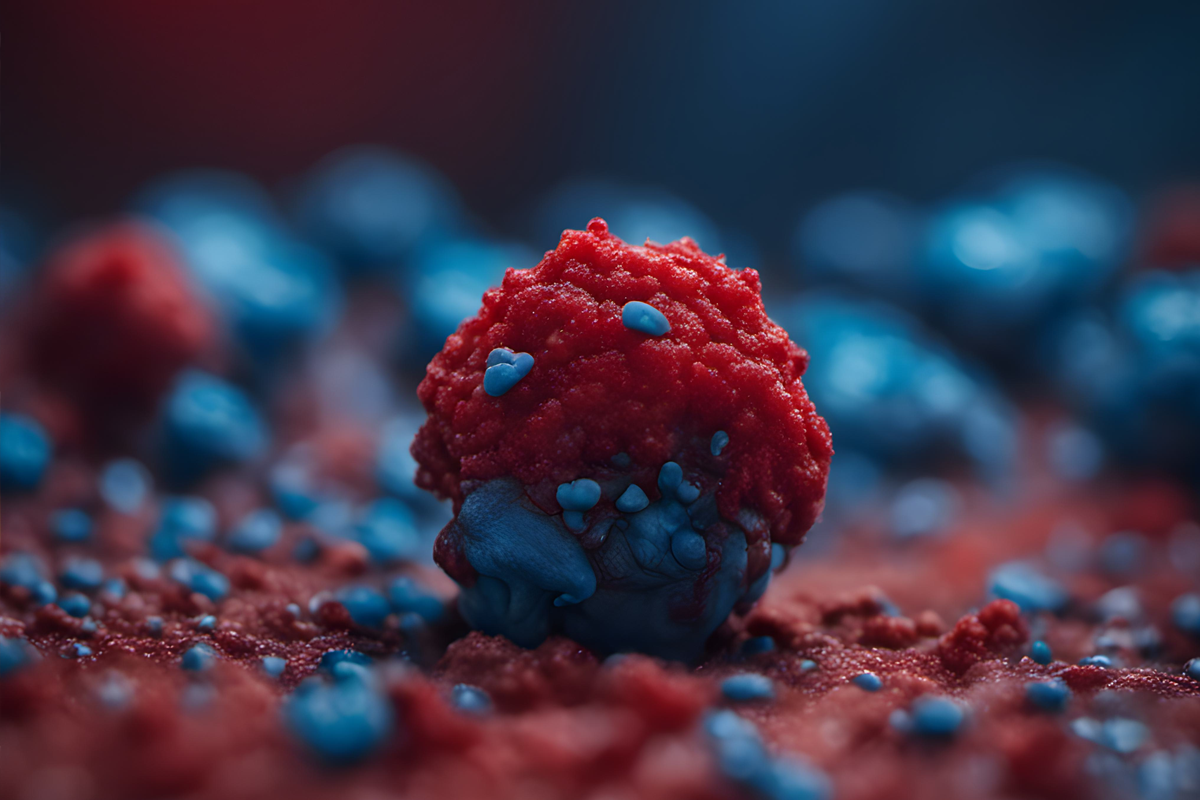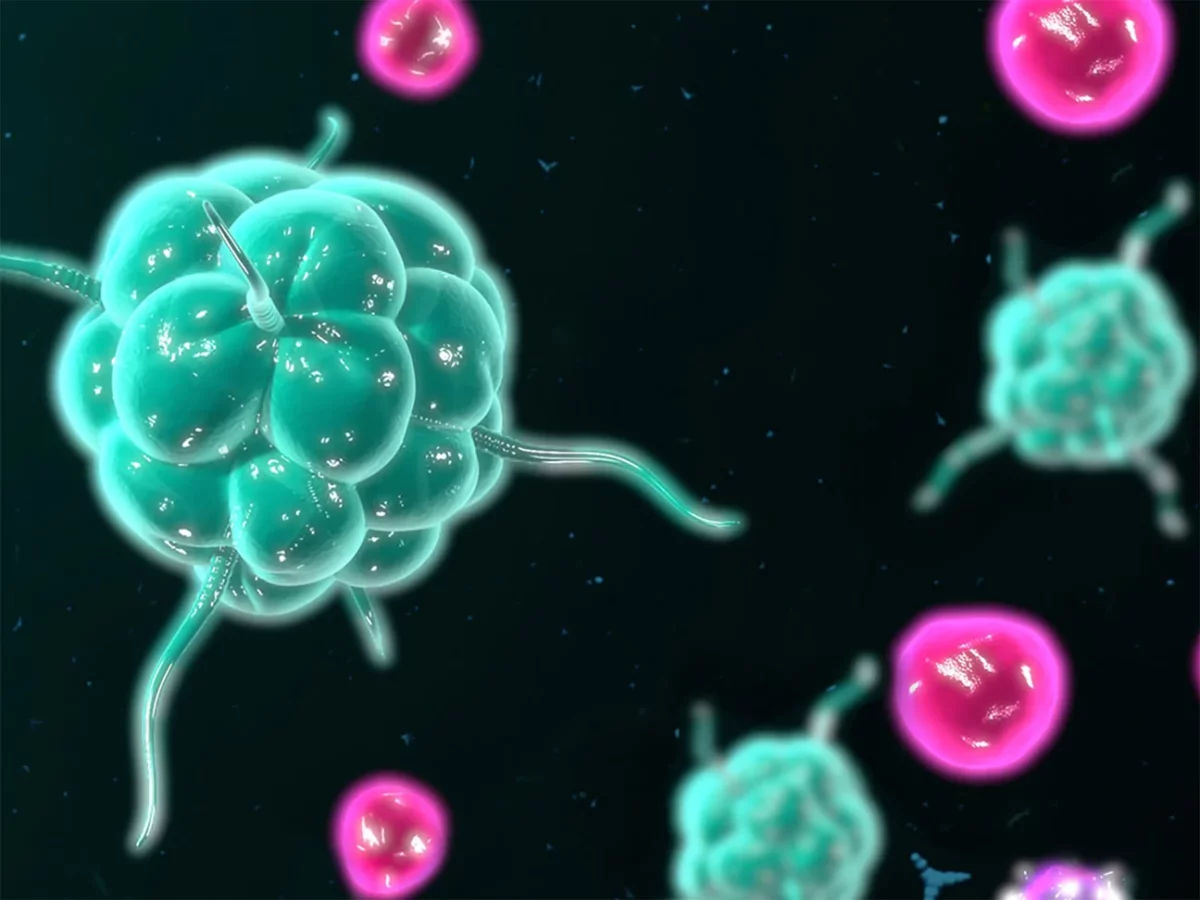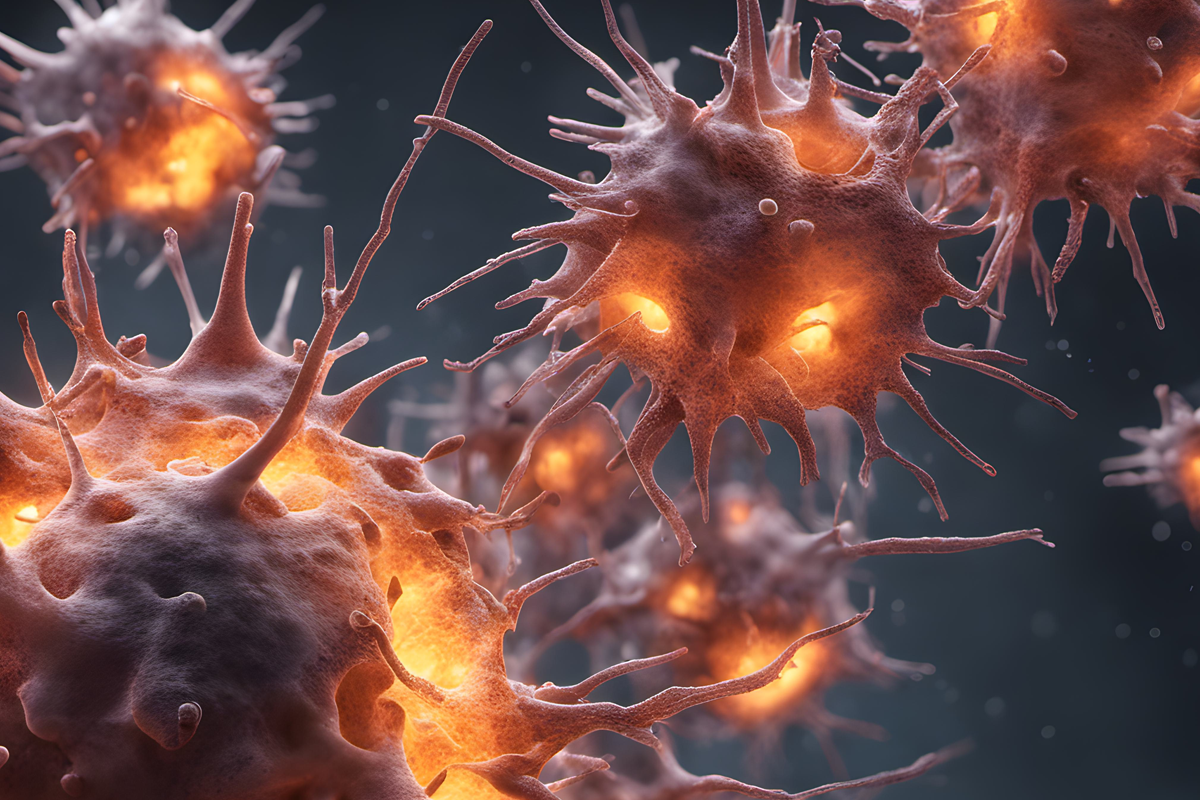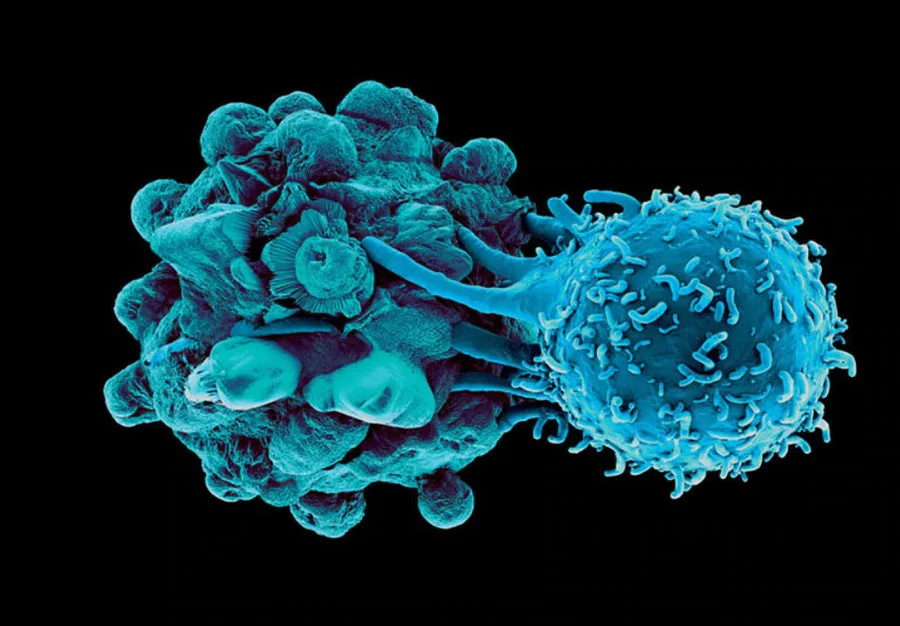The Integration of Melatonin in Cancer Immunotherapy: Advancing Cancer Treatment Strategies

Treating late-stage cancers is one of the most persistent and challenging hurdles in contemporary medical practice. Standard treatments—though sometimes initially effective—often yield incomplete results, leading to the exploration of complementary approaches. Among these, alternative medicines offer additional support but generally lack the capability to serve as standalone solutions. This is where novel immunotherapies come into play, offering a beacon of hope through innovative strategies that engage the body’s immune system in the fight against cancer. Immunocine is at the forefront of this movement, developing advanced immunotherapeutic approaches that have the potential to fundamentally alter treatment paradigms for cancer patients.
Understanding Melatonin: A Historical Perspective and Modern Insights
Melatonin, a hormone secreted by the pineal gland, has been conventionally associated with sleep regulation. However, its potential as an anti-cancer agent has garnered increasing interest. Historically used in traditional medicine for various health issues, melatonin’s role in oncology has shifted from anecdotal reports to evidence-based research. Recent scientific exploration has delved into the molecular mechanisms by which melatonin exerts its effects on cancer cells. It is now understood that melatonin plays roles in modulating oxidative stress, regulating cell cycle progression, and inducing apoptotic pathways in cancer cells, suggesting its potential utility in enhancing cancer treatment outcomes [1, 2, 3].

Mechanisms of Immunotherapy and Immunocine’s Contributions
Immunotherapy represents a paradigm shift in cancer treatment by leveraging the immune system to specifically target malignant cells. Unlike traditional therapies that attack both cancerous and healthy cells, immunotherapy seeks to empower the immune system’s natural ability to detect and destroy cancer cells. Immunocine’s approach involves designing therapies that enhance the immune system’s specificity and potency. By utilizing advanced techniques, Immunocine aims to increase the precision of immune responses, reduce side effects, and improve patient quality of life during treatment.
Melatonin as a Direct Cancer Combatant
The potential of melatonin in directly combating cancer is supported by a multitude of studies. Melatonin has been shown to influence tumor growth through several pathways. It can modulate gene expression related to cell cycle arrest and apoptosis, effectively slowing the proliferation of cancer cells [4, 5]. Melatonin’s antioxidant properties also play a crucial role in neutralizing free radicals, thereby protecting cellular integrity and preventing DNA damage that could lead to cancer progression [6, 7, 8]. Additionally, melatonin can interfere with the metabolic pathways of cancer cells, reducing their viability and enhancing their susceptibility to immune attack [9, 10].
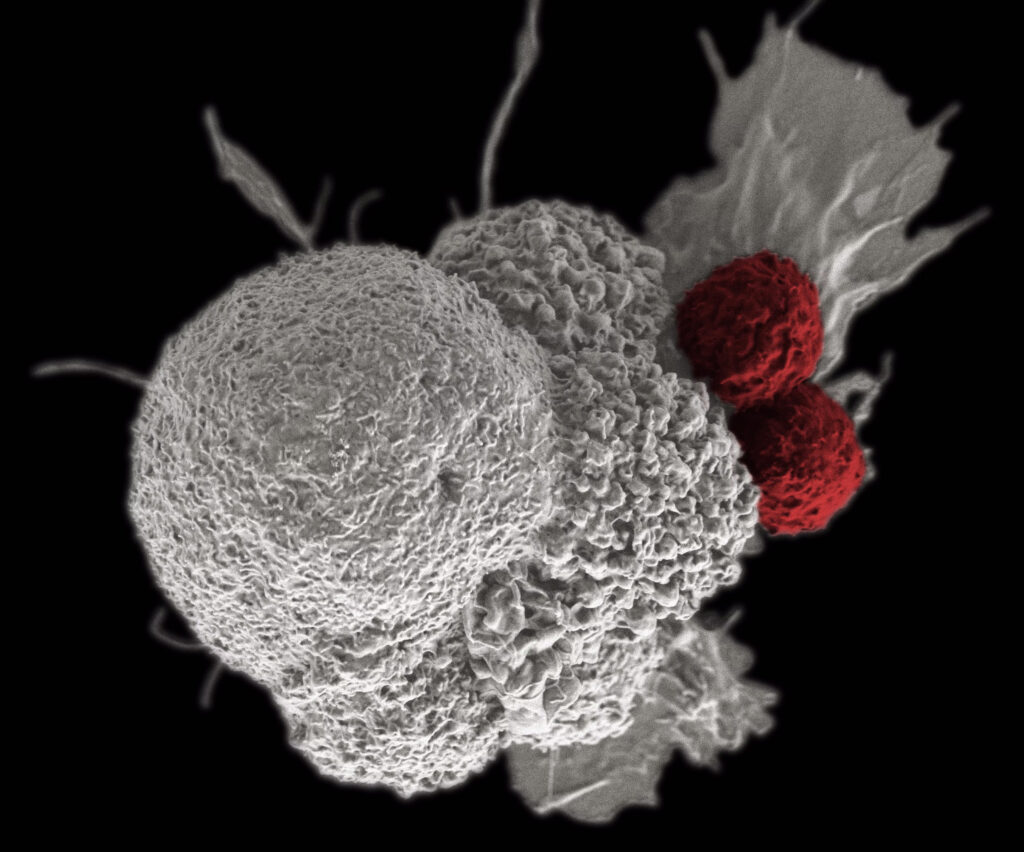
Synergizing Melatonin with Immunotherapy
Beyond its direct anti-cancer effects, melatonin has been recognized for its ability to synergize with immunotherapeutic strategies, enhancing the body’s immune response to cancer. Melatonin is known to bolster the immune system by increasing the production of cytokines such as interleukin-2 (IL-2), which are pivotal in activating immune cells that target cancer cells [11, 12, 13]. This enhancement of the immune response can significantly amplify the effectiveness of immunotherapies, such as those developed by Immunocine, by ensuring a more robust and sustained attack on cancer cells. Furthermore, melatonin’s ability to modulate immune response skewing towards a Th1-type response, characterized by the activation of T-helper 1 cells, enhances the body’s ability to mount an effective anti-tumor response [14, 15]. This involves promoting the secretion of key cytokines like interferon-gamma (IFN-γ) and tumor necrosis factor-alpha (TNF-α), which are essential in driving the Th1 response pivotal for anti-viral and anti-tumor immunity [16, 17].
Proposed Dosing and Considerations
When considering melatonin as an adjunct to cancer treatment, appropriate dosing is critical. Studies suggest that doses ranging from 20 to 40 mg per day can be effective, with adjustments made based on individual patient responses and tolerability [18, 19, 20]. As with any supplementary treatment, potential side effects such as dizziness, sleep disturbances, and gastrointestinal issues should be monitored. It is essential for patients to engage in thorough discussions with their healthcare providers before incorporating melatonin into their treatment regimen to ensure compatibility and safety with their existing therapeutic protocols.
Conclusion
The potential integration of melatonin into cancer treatment regimens, particularly as an adjunct to immunotherapies, presents an exciting frontier in oncology. Melatonin’s dual role in directly targeting cancer cells and enhancing immune responses aligns well with the goals of immunotherapy, offering new avenues for improving patient outcomes. As research continues to evolve, melatonin may become an invaluable tool in the fight against cancer, complementing the cutting-edge work of groups like Immunocine. Ultimately, any incorporation of melatonin into cancer care must be guided by evidence-based practices and personalized to each patient’s unique medical context.
References
- Lissoni, P. et al. Melatonin in cancer treatment: current knowledge and future opportunities. Molecules, 26, 2506 (2021).
- Proietti, S. et al. Melatonin down-regulates MDM2 gene expression and enhances p53 acetylation in MCF-7 cells. J Pineal Res., 57, 120–9 (2014).
- Kong, X. et al. Melatonin: a potential therapeutic option for breast cancer. Trends Endocrinol Metab., 31, 859–71 (2020).
- Wang, Y. et al. Modulation of the immune system by melatonin; implications for cancer therapy. Int Immunopharmacol., 108, 108890 (2022).
- Tassoni, S. Modulation of immune and anti-tumor effects of cancer immunotherapy with anti-Pd-1 monoclonal antibodies by the pineal hormone melatonin: preliminary clinical results. J Immunol Allergy., 1, 1-6 (2020).
- Bartsch, H. et al. Effect of melatonin and pineal extracts on human ovarian and mammary tumor cells in a chemosensitivity assay. Life Sci., 51, 345-352 (1992).
- Mills, E. et al. Melatonin in the treatment of cancer: A systematic review of randomized controlled trials and meta-analysis. J. Pineal Res., 39, 360–366 (2005).
- Liu, R. et al. The role of regulatory T-cells in anti-cancer effects of melatonin. Onco Targets Ther., 14, 2019-2052 (2021).
- Schettig, R. et al. Melatonin stimulates both the innate and adaptive immune responses. J Cancer Ther., 9, 575-580 (2020).
- Moslehia, M. et al. Mechanisms of immune regulation by melatonin involved in its anti-cancer effects. Cancers, 13, 3263 (2021).
- Reiter, R.J. et al. Melatonin’s anti-inflammatory actions: Potential applications in the therapy of cancer. Cell Mol Life Sci., 67, 1287-1300 (2010).
- Vijayalaxmi et al. Melatonin: From Basic Research to Cancer Treatment Clinics. Oncology Letters, 1, 897-905 (2011).
- Carrillo-Vico, A. et al. Melatonin, a potent immunomodulator in mammals. Endocrine, 27, 189-200 (2005).
- Guerrero, J.M. et al. Melatonin and the immune system. Curr Opin Investig Drugs, 2, 696-699 (2001).
- Dardenne, M. et al. Melatonin enhances Th1 and Th2 cytokine responses in mice. Immunology, 104, 447-451 (2001).
- Carrillo-Vico, A. et al. Melatonin and the immune system: Cellular targets and effect mechanisms. Curr Drug Targets Inflamm Allergy, 3, 65-72 (2004).
- Arushanian, E.B. et al. Immunomodulating and anti-stress effects of melatonin. Biol Bull, 39, 81-87 (2012).
- Seely, D. et al. Melatonin in cancer care: A systematic review of randomized clinical trials. Integr Cancer Ther., 12, 194-203 (2013).
- Sookprasert, A. et al. The efficacy and safety of melatonin in concurrent chemotherapy or radiotherapy for solid tumors: A meta-analysis of randomized controlled trials. Cancer Chemother Pharmacol., 69, 1213-1220 (2012).
- Reiter, R.J. et al. Melatonin in the context of cancer treatment: A review and prospectus. Free Radic Biol Med., 43, 544-556 (2007).
READ THIS NEXT
Team Spotlight: Dr. Elideth Angulo, MD
A compassionate and dedicated healthcare professional, Dr. Elideth Angulo’s journey in medicine began with a childhood dream. Originally f
Read MoreUnlocking Better Cancer Treatment Results with Exercise
Babette, now cancer-free after her treatment at Immunocine, discovered both peace of mind and health benefits through daily walks with her d
Read MoreOn Air with Immunocine: Matt Halpert Joins Haylie Pomroy to Discuss the Future of Cancer Treatment
Listen to this Episode on Apple Podcasts Listen to this Episode on Spotify In this episode of the Hope and Help for Fatigue and Chronic Illn
Read More








